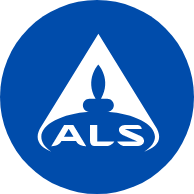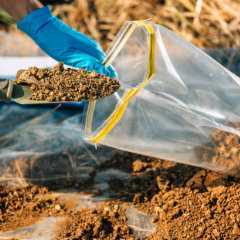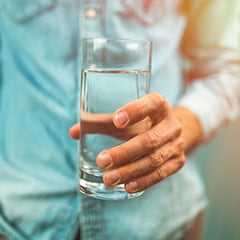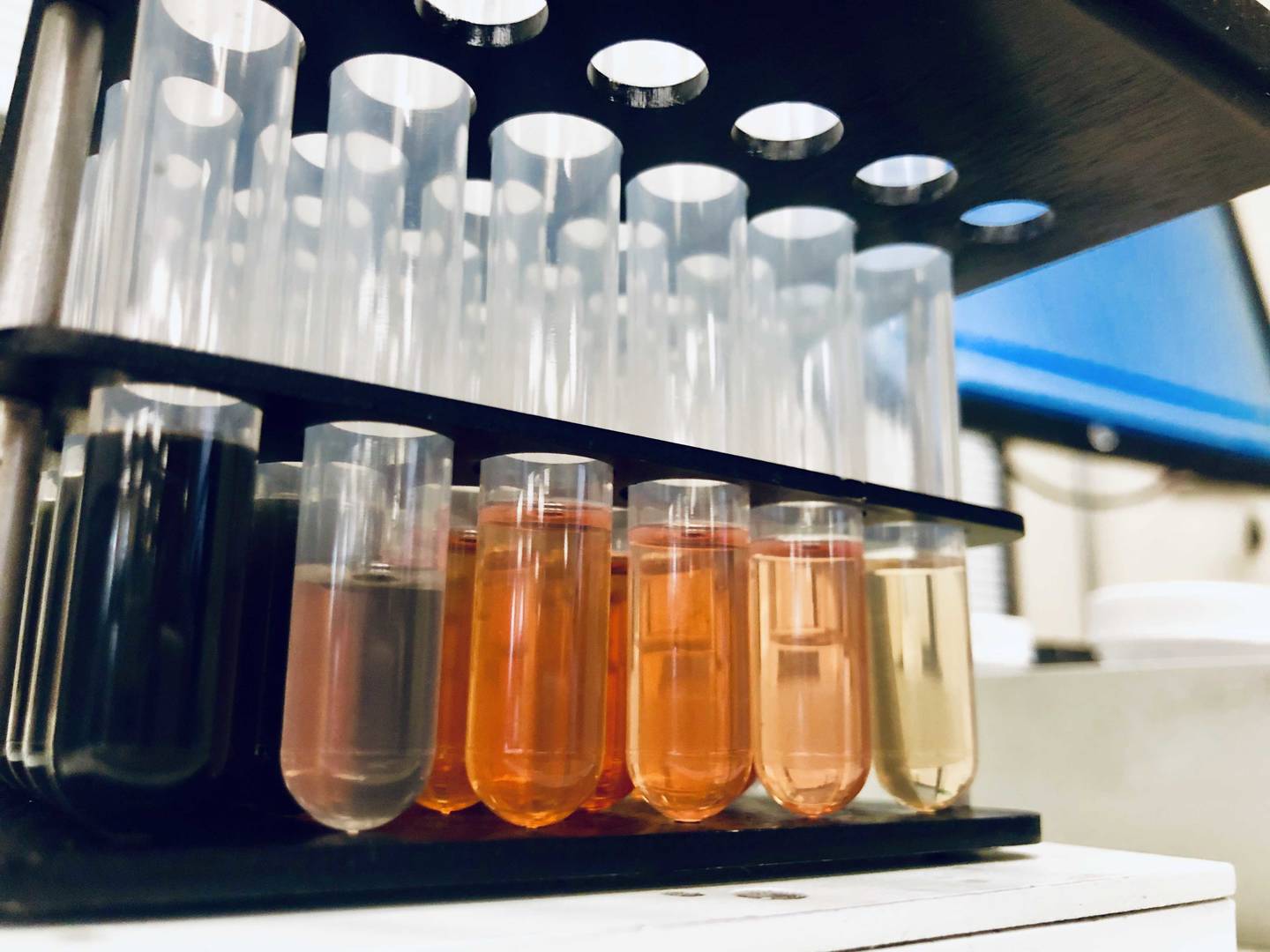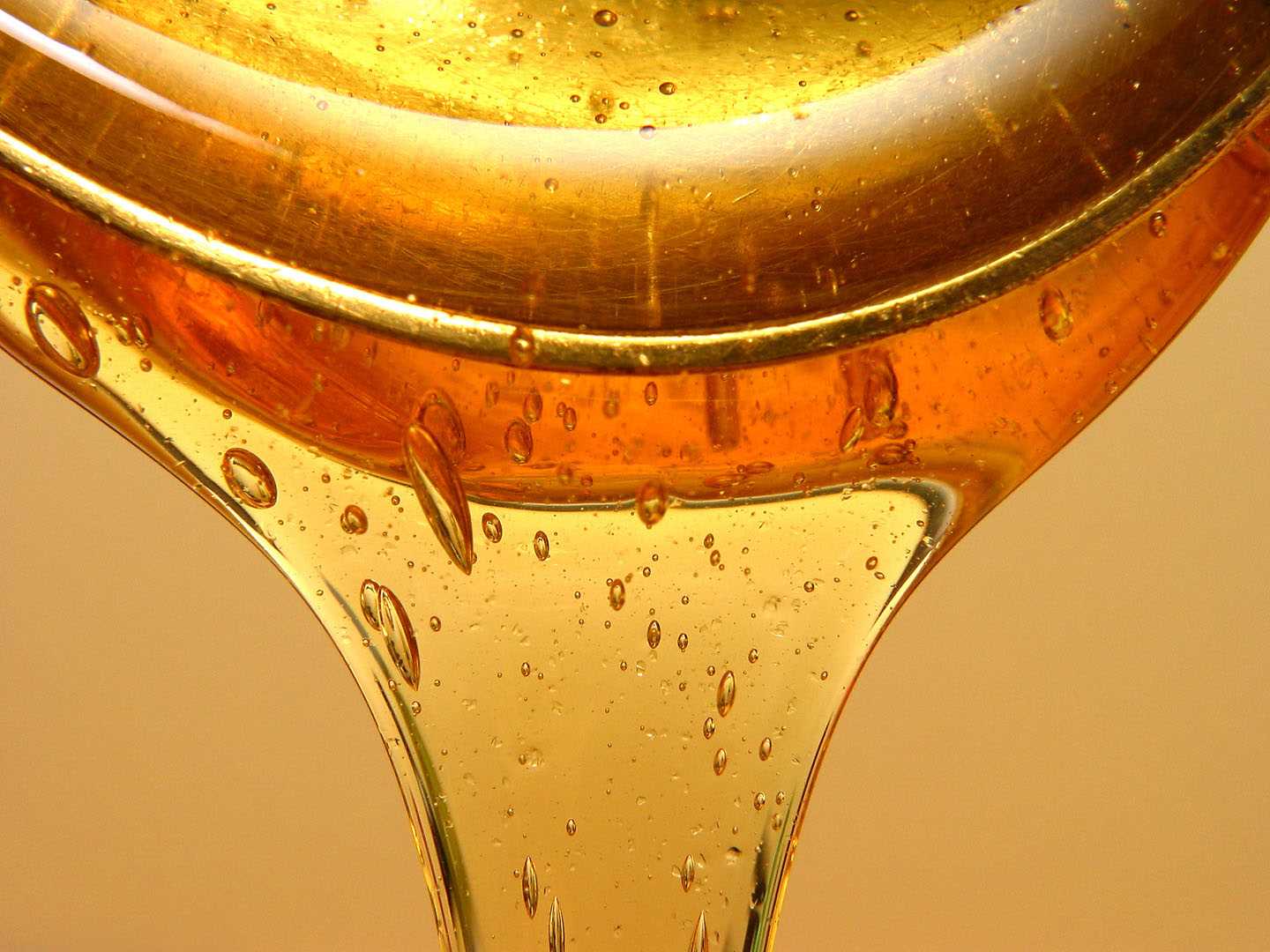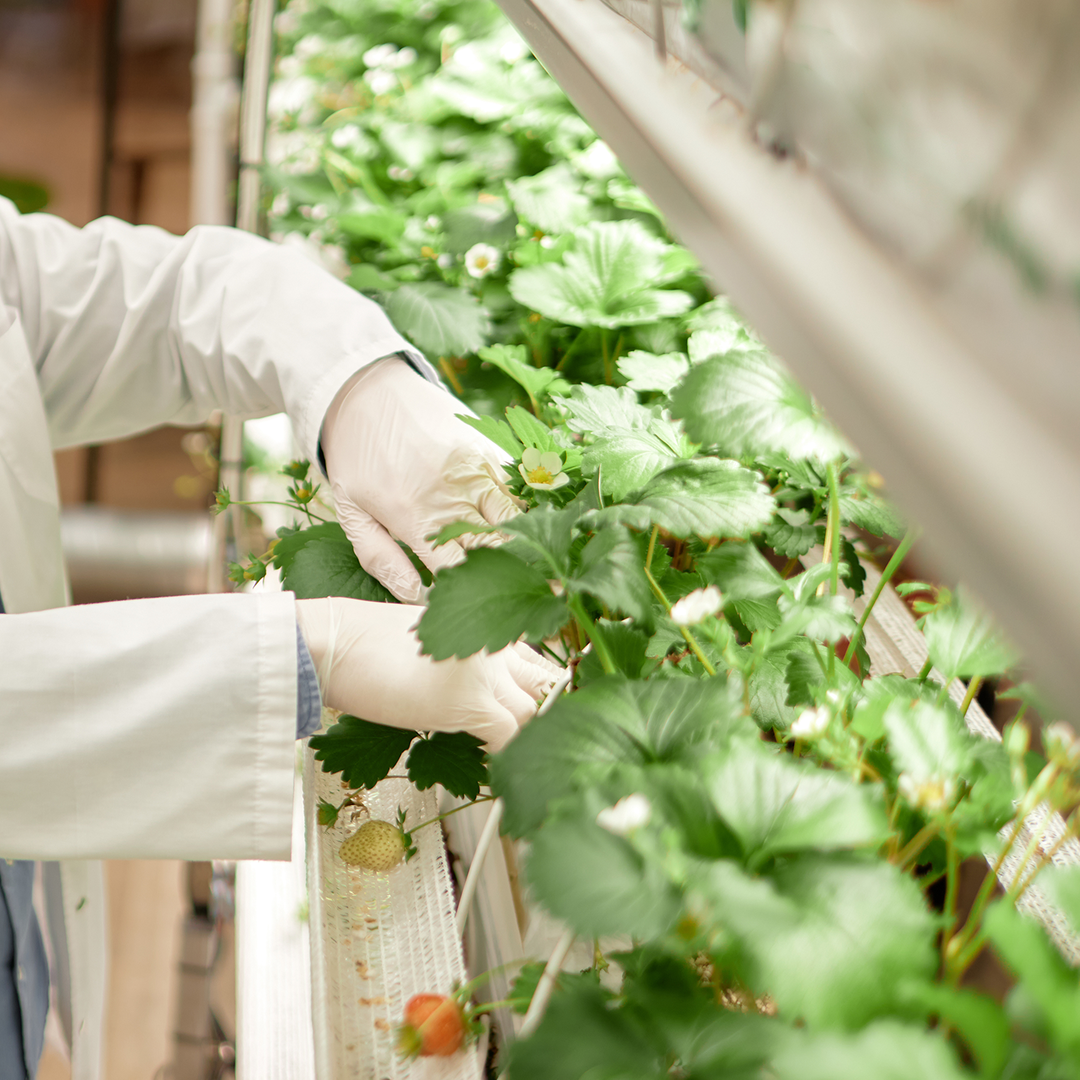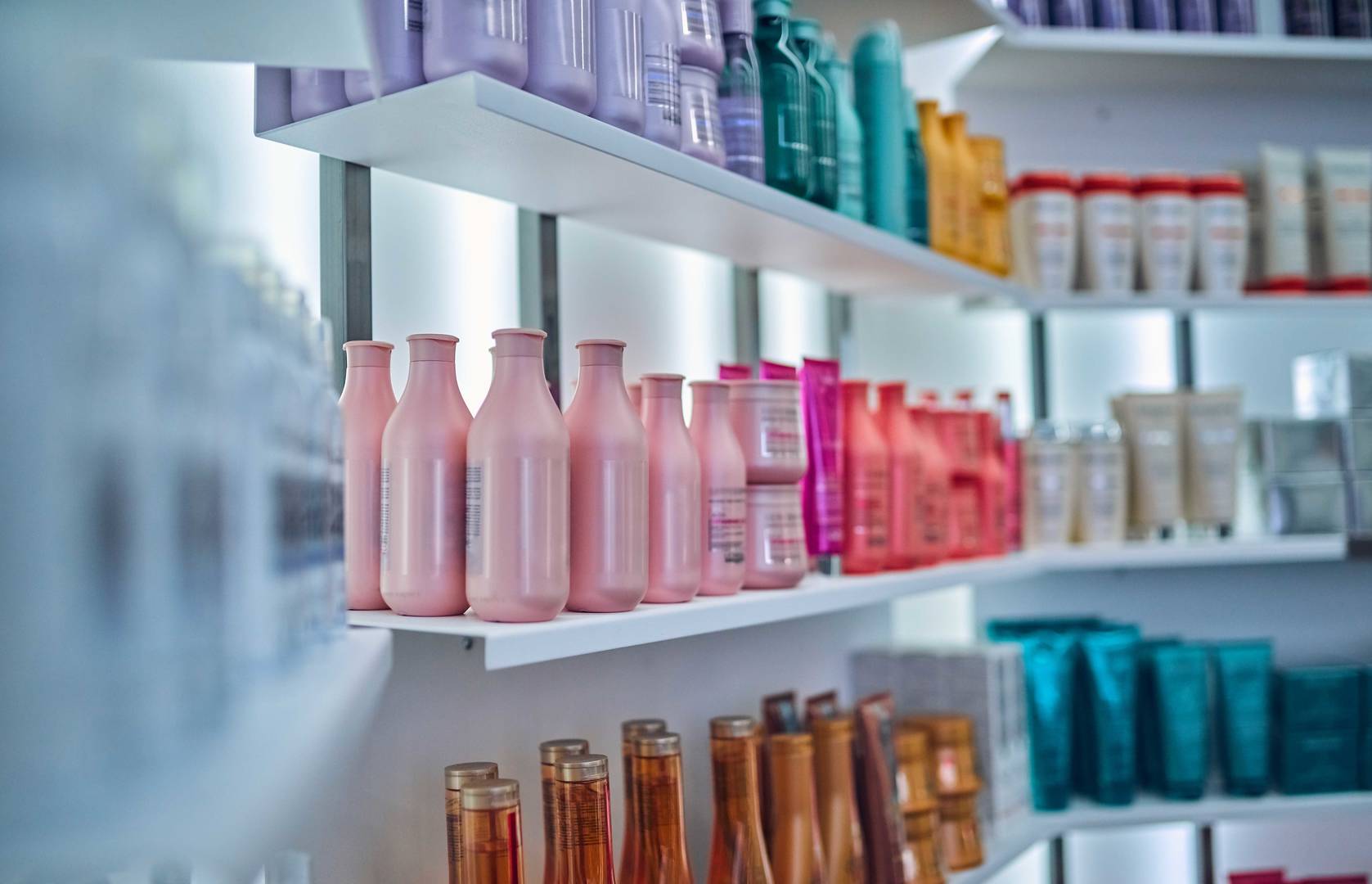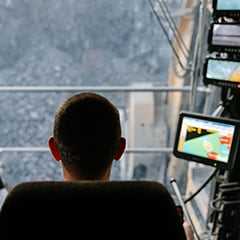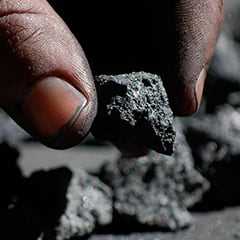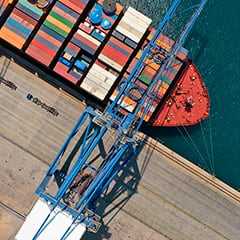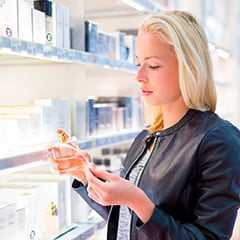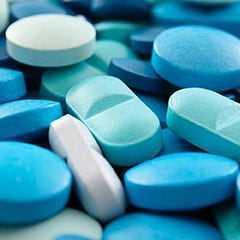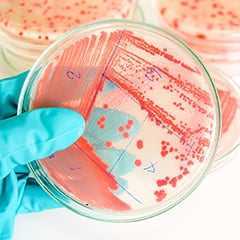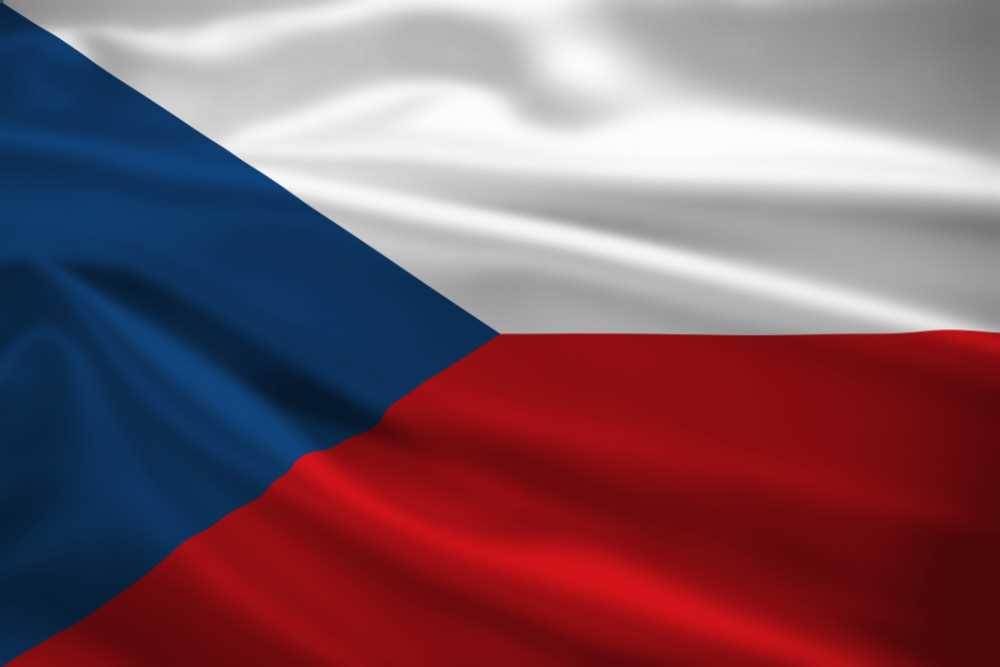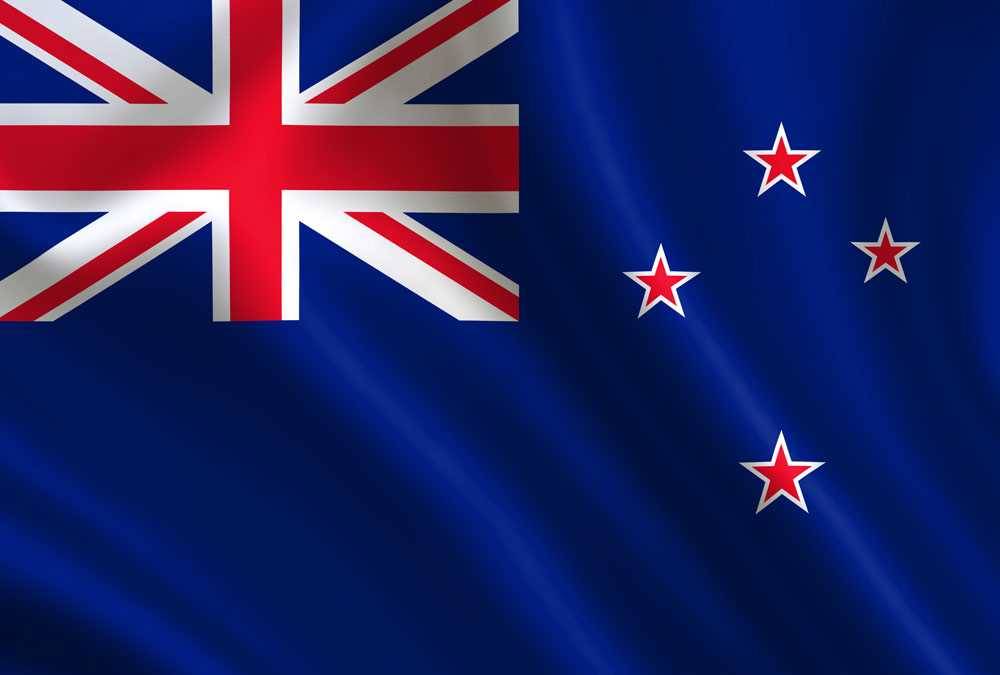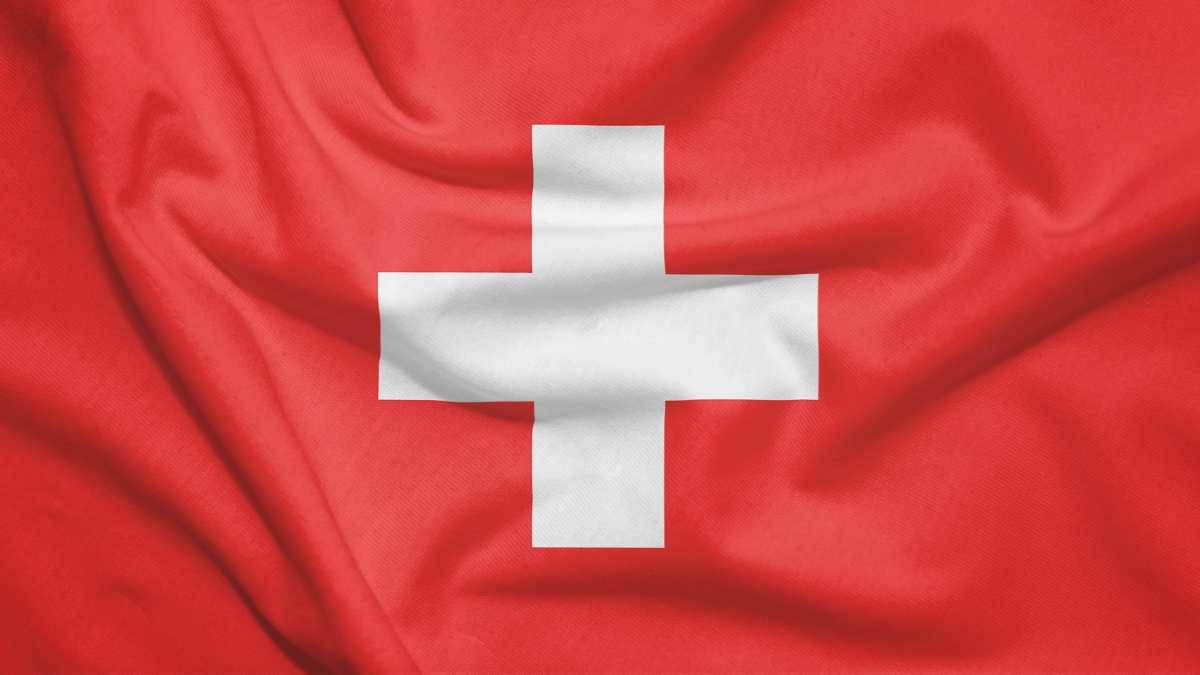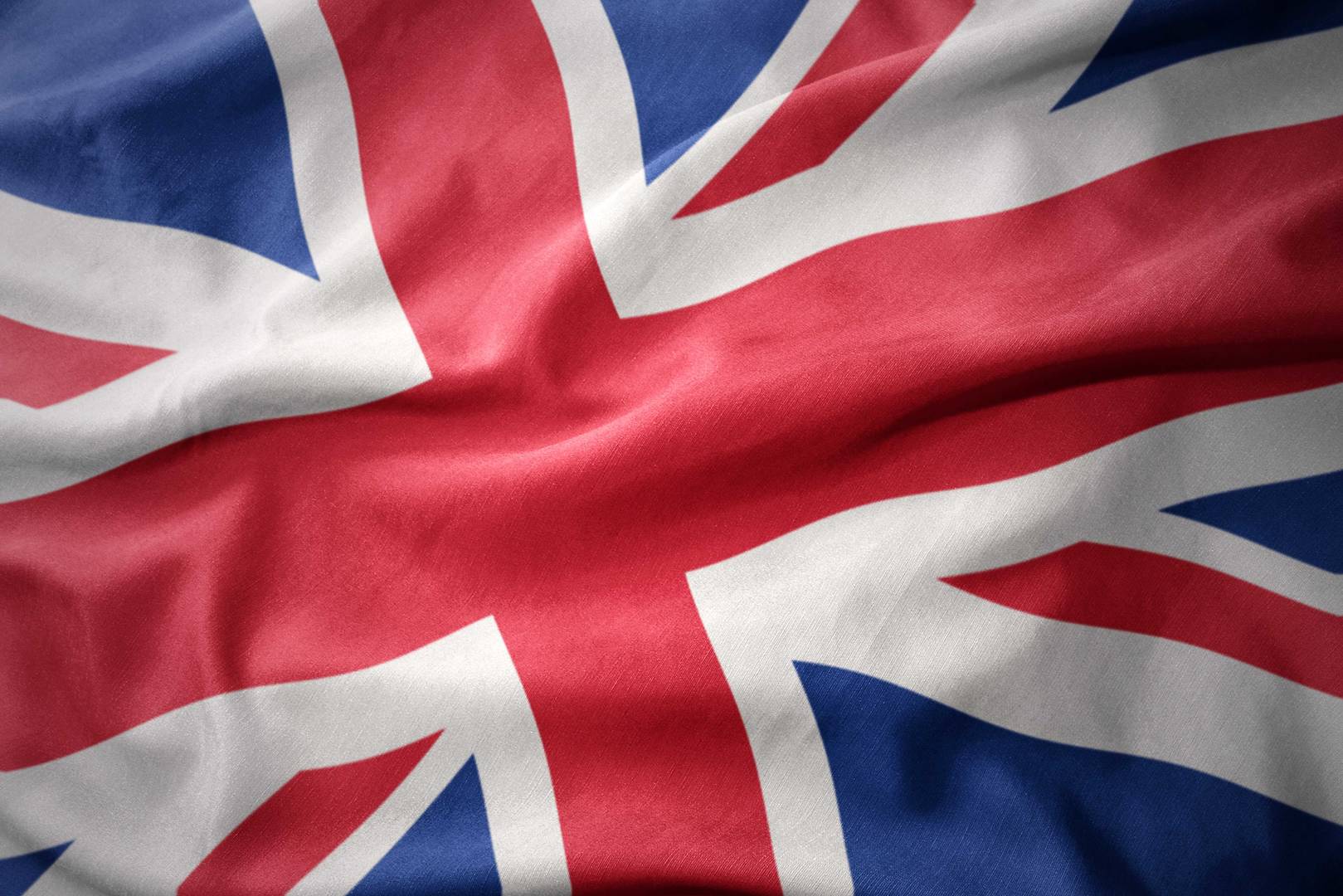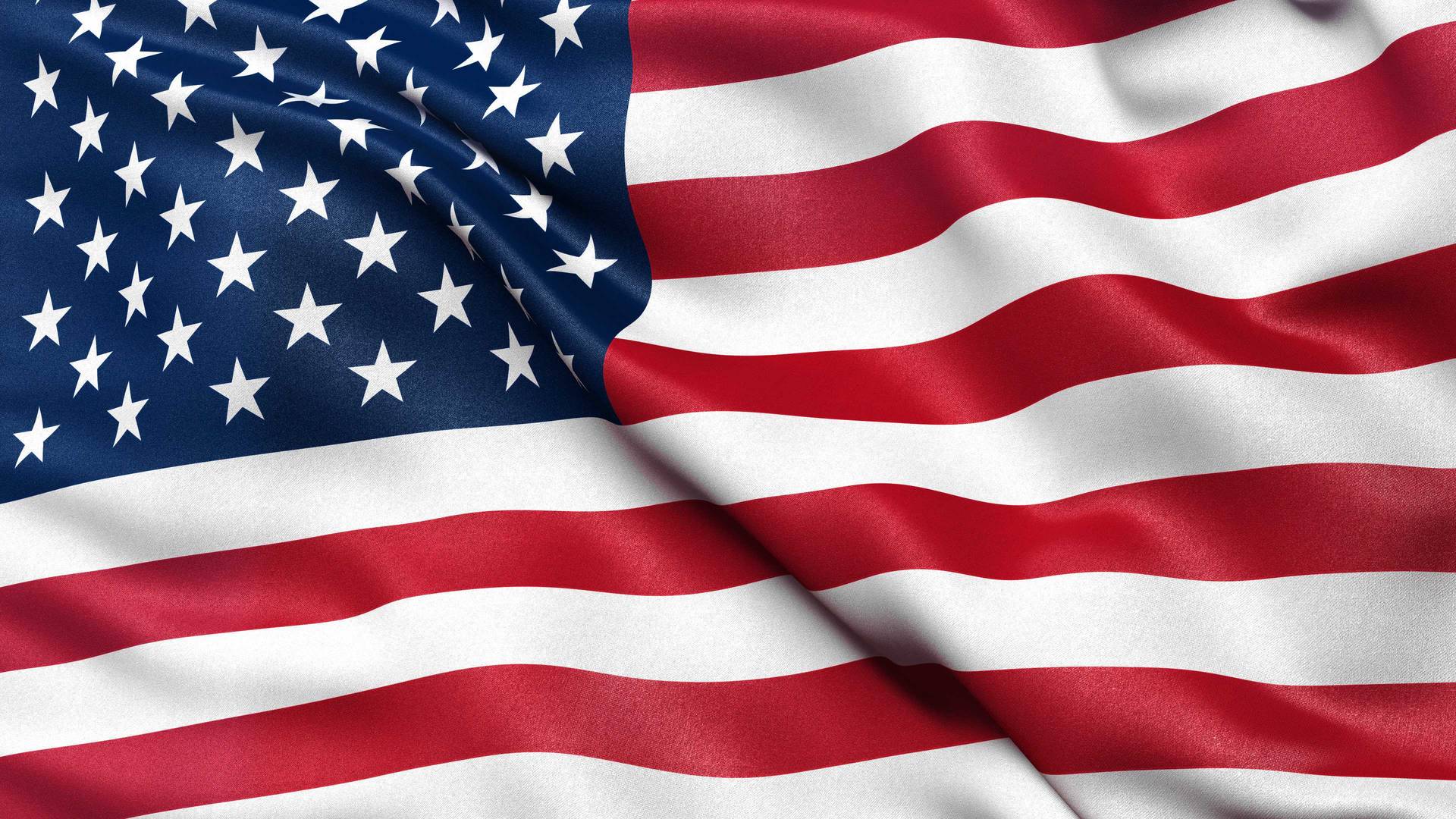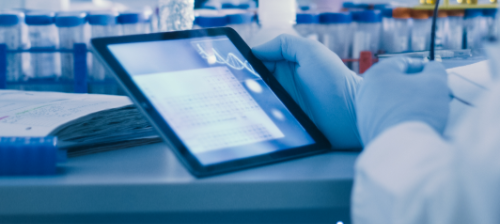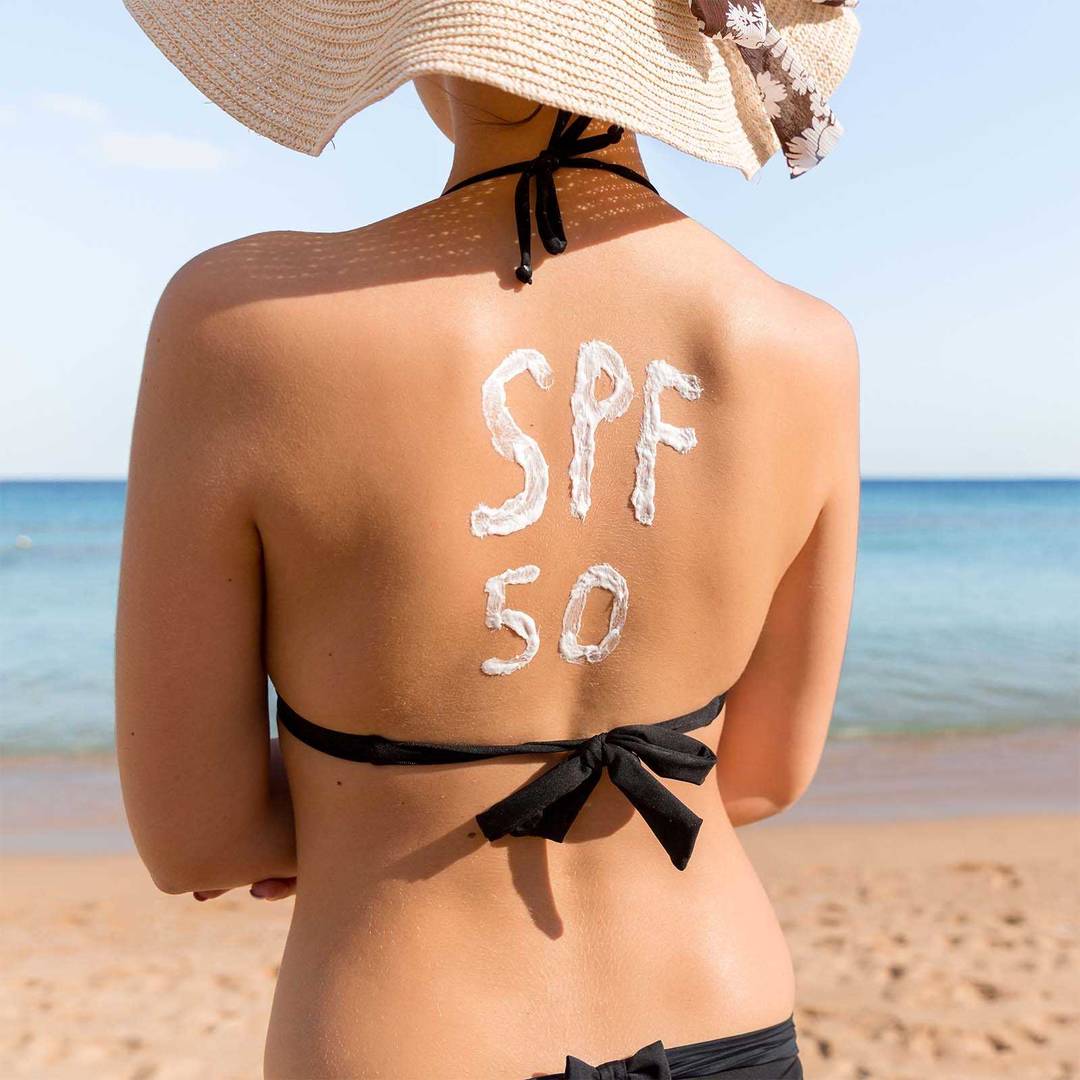The Importance of Sunscreen Testing and the Role of ALS in Global Quality Assurance
A recent investigation conducted by the Australian organization CHOICE found that most sunscreens tested did not deliver the SPF protection stated on their labels. Of the 20 products analyzed, only four met their claimed SPF 50 or 50+ rating.

All products evaluated came from well-known brands, which underscores a pressing issue: even established names can fall short without independent, validated testing to back their claims.
For consumers, confidence in SPF products depends on transparent data and regulatory compliance. For brands, the consequences of inaccurate claims can go far beyond a label correction - they impact trust, distribution, and revenue.
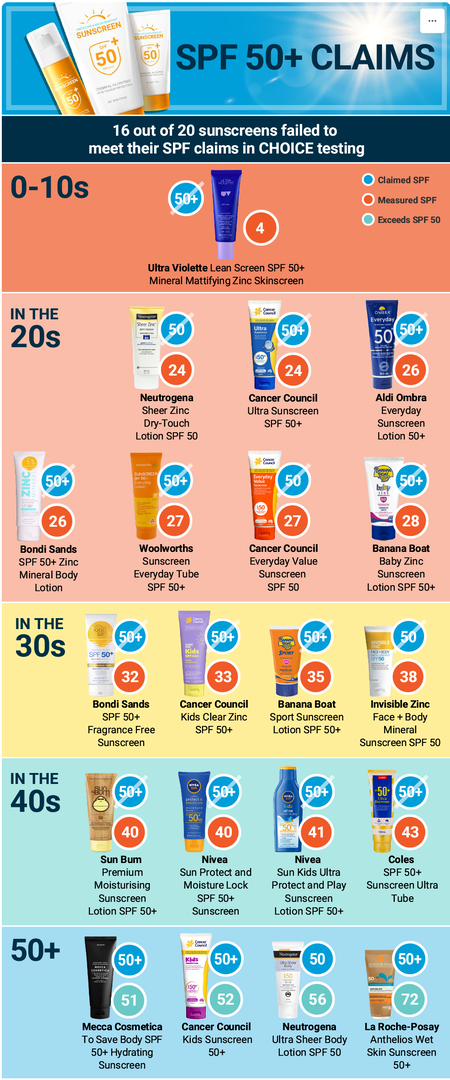
Source: CHOICE Australia
The role of sunscreen testing in brand protection
In high-UV regions like Brazil, and increasingly across global markets, sunscreens are no longer viewed as just cosmetic. They serve a functional health role, and regulatory expectations are shifting to reflect that.
To protect consumers and ensure brand credibility, SPF claims must be backed by rigorous and standardized methodologies. Reliable lab testing is essential not only for consumer safety but also to avoid the costly consequences of recalls, relabeling, and regulatory delays.
Why UV protection testing is complex and critical
Although ultraviolet radiation accounts for only about 5% of solar emissions, it is one of the most biologically active forms of exposure.
Each type of radiation presents different risks:
- UVC: Fully absorbed by the ozone layer, posing no direct risk
- UVB: Causes sunburns, inflammation, and DNA damage
- UVA: Penetrates deeper into the skin, accelerating aging and increasing the risk of cancer
- Visible light: Contributes to pigmentation in sensitive skin
- Infrared radiation: Increases discomfort during prolonged sun exposure
An effective sunscreen needs to provide multi-spectrum protection. Testing should reflect not only label requirements but also the full experience of how a product performs in real-world exposure.
Key claims that require scientific validation
UV and Sunscreen claims require specific methodology to verify performance and remain compliant across markets:
- SPF (UVB protection) - Determined using ISO 24444 or FDA monograph methods
- UVA Protection - Measured through ISO 24442 (in vivo) or ISO 24443 (in vitro)
- Water/Sweat Resistance - 40- or 80-minute immersion testing
- Visible Light Protection - No global standards yet, evaluated through pigment analysis
- Photostability - Assessed by measuring SPF after exposure to sunlight
ALS: A Global Testing Partner for SPF Validation
ALS is one of the global leaders on sunscreen testing, with labs strategically located in Brazil and in the United States of America.
This dual-hemisphere access supports year-round testing under varying seasonal conditions, which enables brands to gather more representative data regardless of product origin or target market.
Our team is aligned with leading regulatory frameworks such as:
- FDA
- COLIPA
- Australian regulatory standards
- ISO 23675:2024, which introduces a non-invasive in vitro method using UV transmittance spectroscopy
- ISO 23698:2024, which combines in vitro and in vivo analysis via diffuse reflectance spectroscopy for in-skin assessment
ALS also participates in the ALT-SPF Consortium (alt-spf.com), a network of 29 global partners advancing the development of next-generation sunscreen testing methodologies.
Turn compliance into confidence and innovation
The CHOICE study offers a timely reminder that even established products may fall short when testing lacks structure, transparency, or regional alignment.
For brands preparing launches, updating formulations, or expanding into new markets, now is a critical moment to evaluate testing protocols.
Validated SPF testing does more than check a regulatory box. It protects brand credibility, supports claims in front of retail buyers, and reduces the need for costly midstream corrections.
Integrating test planning into development timelines also gives internal teams more confidence when making decisions about positioning, packaging, and channel strategy.
Whether the goal is retail entry, label review, or consumer trust, testing continues to shape the path to market.
Safety, efficacy and credibility for your SPF start here. Talk to our experts and accelerate your market journey today.
+1 310 214-0043
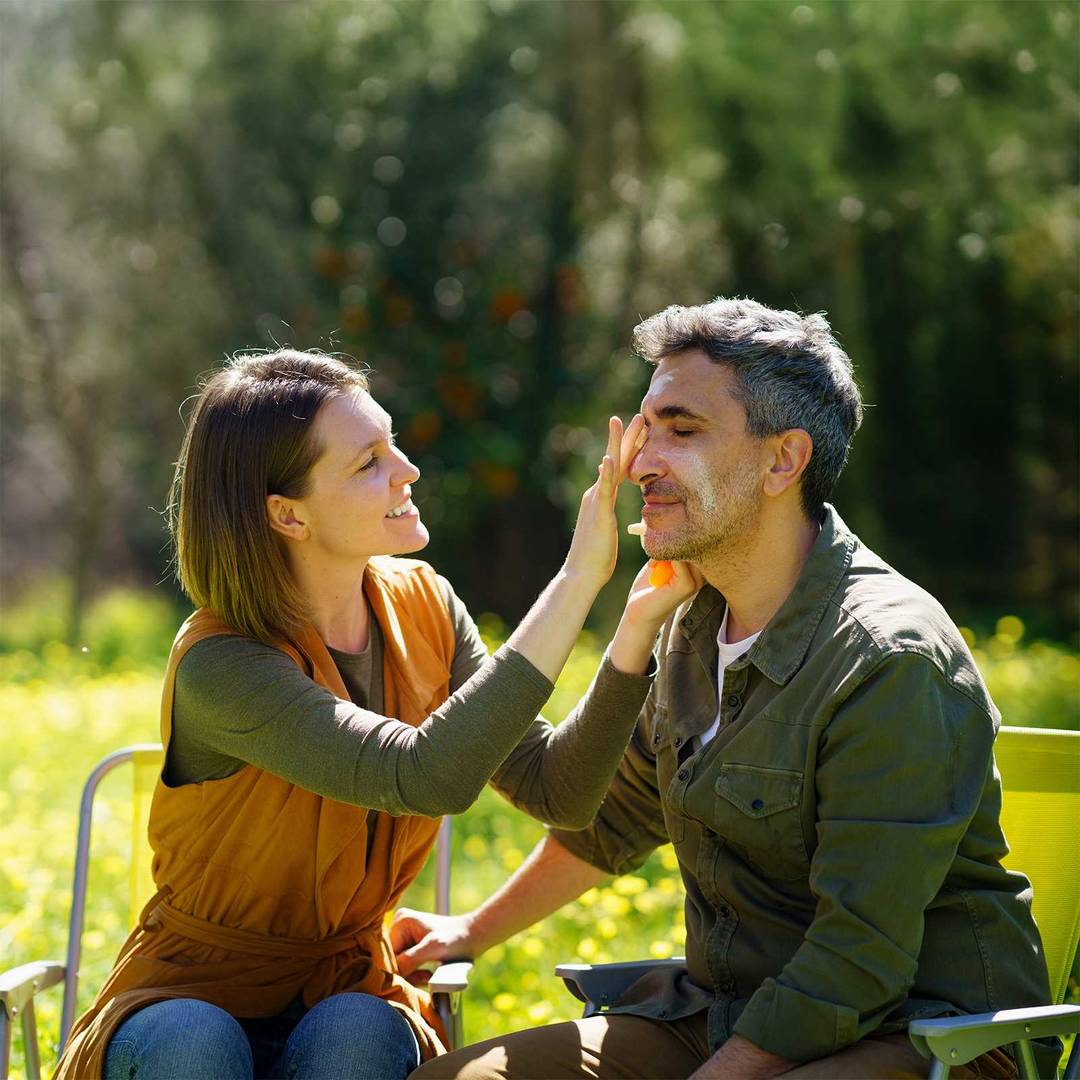
ISO 23698: The Evolution of SPF Testing with a Hybrid Approach
Sun protection is essential to prevent damage caused by UV radiation, such as burns, premature aging, and skin cancer. Traditionally, the efficacy of sunscreens is measured by the Sun Protection Factor (SPF), using in vivo tests with human volunteers, with ISO 24444:2019 being the gold standard.
